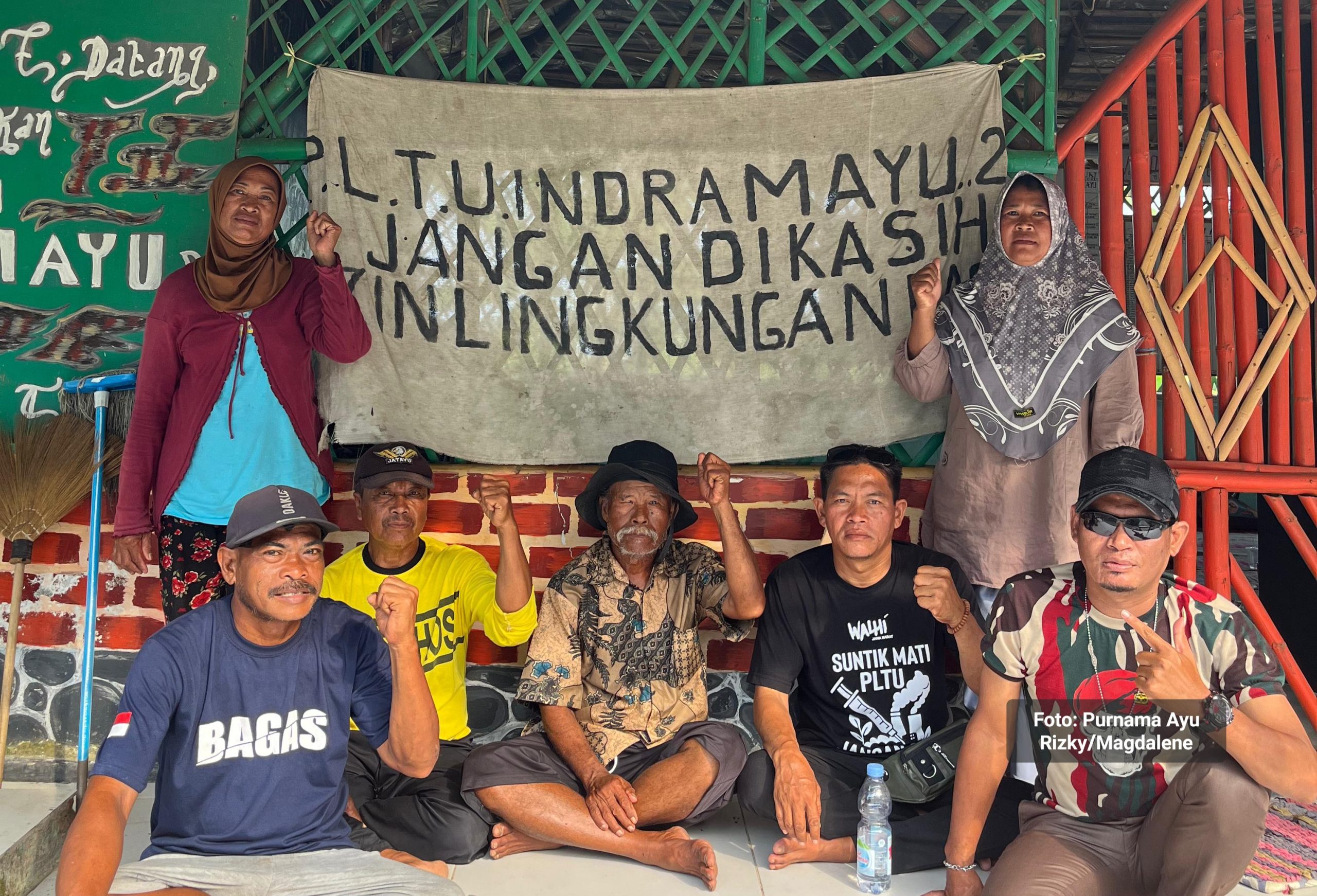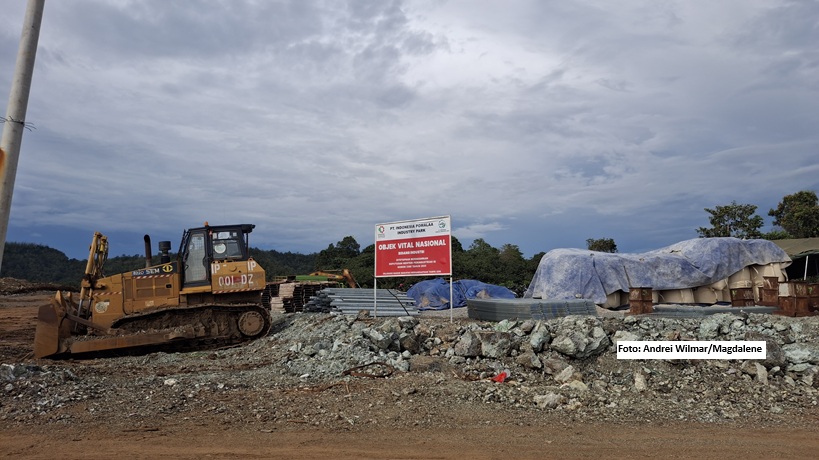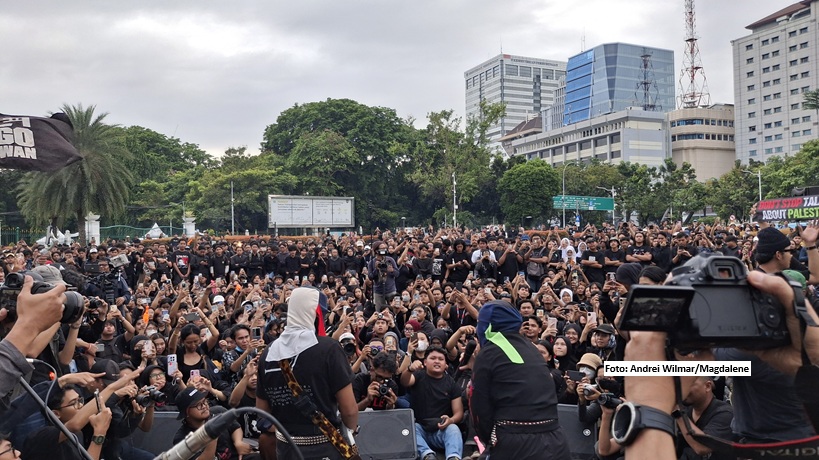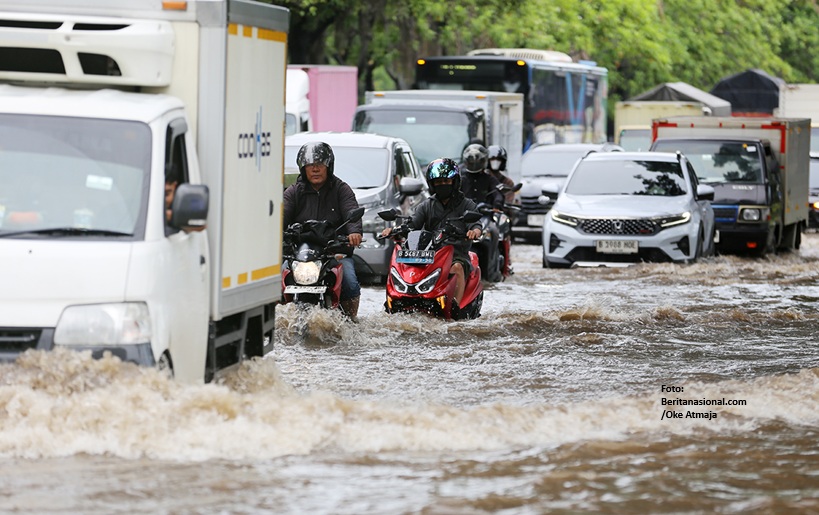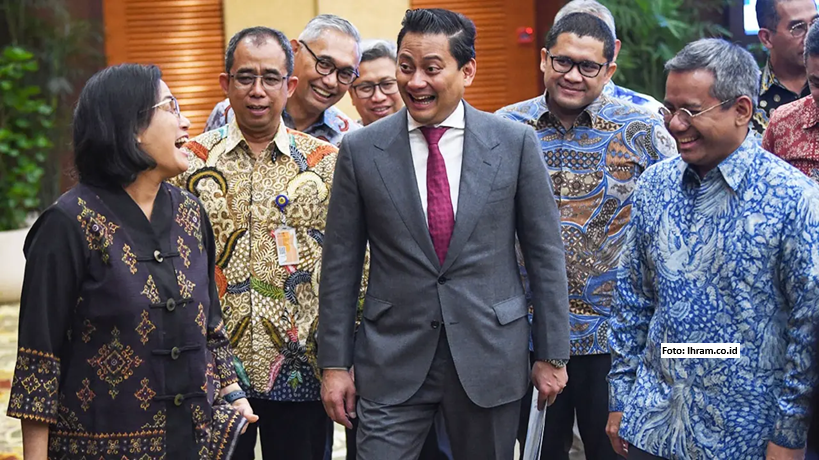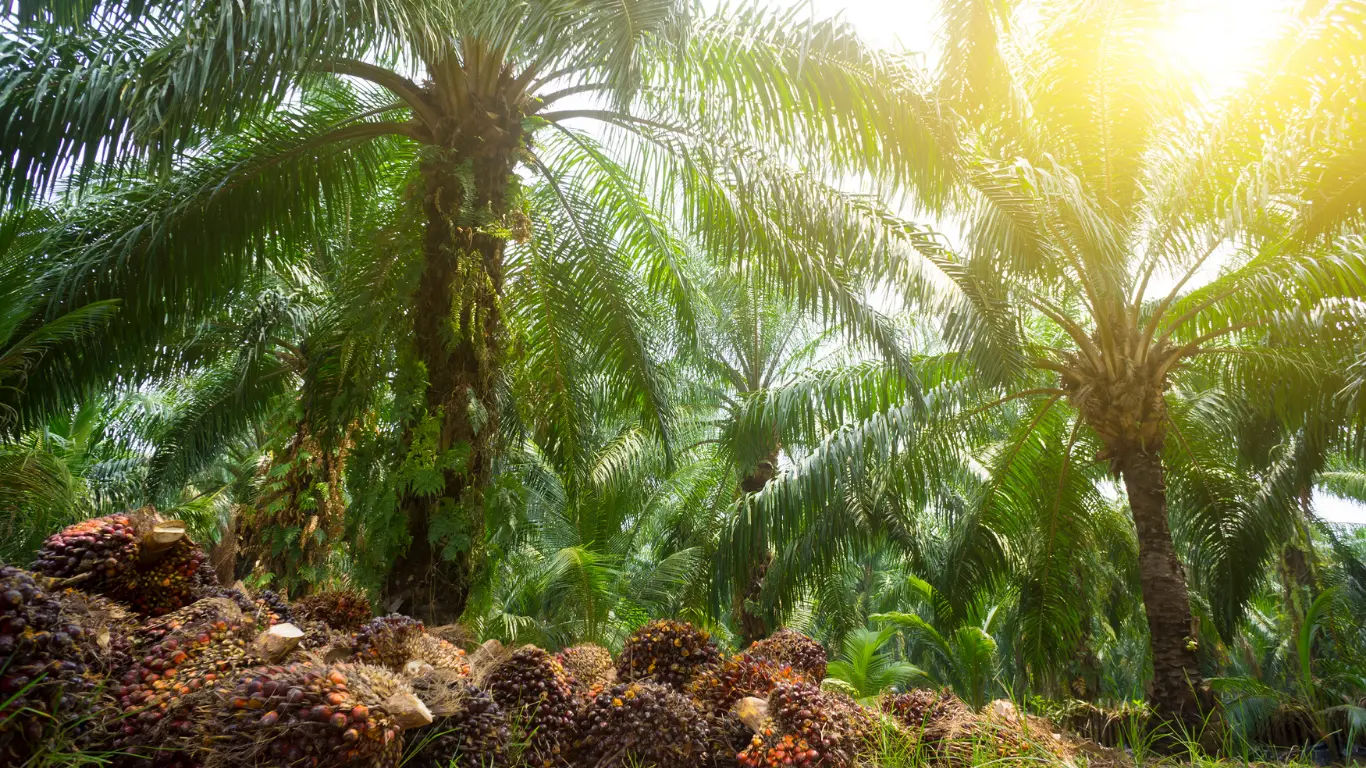Fighting Climate Change the Solarpunk Way

You might remember that Syria – a war-torn state –signed the Paris Agreement, while the United States is in the process of pulling out. One may see it as an irony, but on a more positive note, this shows that pushing the environment and the future of the planet forward can be done by anyone.
That’s the point of Solarpunk: a subculture of activism and art that focuses on the question of what a bright, environmentally friendly future for all would look like, and how can we achieve it.
Some may question the use of the suffix “punk”, but when the system doesn’t support ecological sustainability – like how the Indonesian government subsidizes chemical fertilizers to increase crops productivity – fighting for the environment is, indeed, punk.
The optimistic Solarpunk approach is not only charming, it is also scientifically proven to be effective. Researchers from Ohio University found that it is important to communicate with a future of hope. While it is important to pay attention on the disastrous impact of climate change can bring, they found people are more likely to act if they are hopeful of a future to believe in. This positive and action-based approach brings people closer to the cause, not mere sweet talk.
What better way to feel closer to environmental issues than being conscious of what you eat?
Enter the farmers in Katingan and Sampit, Central Kalimantan, who are learning about organic farming and zero burning practices. This is not an easy task: long-term use of synthetic fertilizers has rendered the soil unhealthy, and it’s much harder to kill pests without pesticides. They’re slowly succeeding, though.
“At first I didn’t succeed, but the second time my harvest was plentiful,” said Yaimin, one of the farmers who participated in a workshop on agroecology arranged by PT Rimba Makmur Utama, a company that focuses on peatland forest restoration in Kalimantan.
In the workshop, they learned and shared methods on how to farm more sustainably. This includes organic farming and agroforestry, a practice of farming in forests without clearing land, so crops grow harmoniously with the forest.
Practicing these methods on vital region like Kalimantan isn’t just great for the farmers and their community, it is also globally important. Agriculture is a big carbon emitter. It emits one third of all carbon emissions, according to the Consultative Group on International Agricultural Research. Unfortunately, slowing down is easier said than done. Agriculture produces what we eat, drink, and wear. It powers machines.
This is exactly why sustainable agriculture is important; agriculture is tied to our existence and the only way to reduce its impact on the environment is by sustainable practice.
Its urgency is even more pressing in order to keep the average temperature of the earth from rising above 1.5 degrees Celsius. In addition, the earth has also a lot to lose in Kalimantan. On its worst days in 2015, for example, forest fires in Kalimantan emitted more carbon than the entire American economy. Besides, the loss of biodiversity would tip the balance towards calamity, if it were to disappear, and unsustainable agriculture might just do that.
But let’s bring this back down a bit. During the workshop, I met a farmer who cultivates Bawang Dayak, a local wild onion and traditional medicinal plant, organically. He went from having only one plant to cultivating three 15 by 15 m plots of Bawang Dayak, and he has been shipping his crops to supply demands from Java.
This is because he got off the right track: he is supported by members of the local Maternal and Child Healthcare Center (Posyandu), who care about their families’ health. They also promoted his onions through words of mouth. Which brings me to my next point: supporting sustainable farmers is a good way to protect the environment, even when you don’t come from the environmental sector.
When asked for whom they’re practicing the sustainable farming, most of the farmers in this workshop said: “For my family, for my children.”
Compared to the COP on climate change, this may sound tiny. Yet it remains the most powerful motivation and it is potentially life-changing to people around them.
For these farmers, let’s find an Indonesian term for Solarpunk, shall we?
Raisa Rifat is a student, volunteer, and writer for IndonesianYouth.org. She is learning to be an environmentalist and overall good human being.







